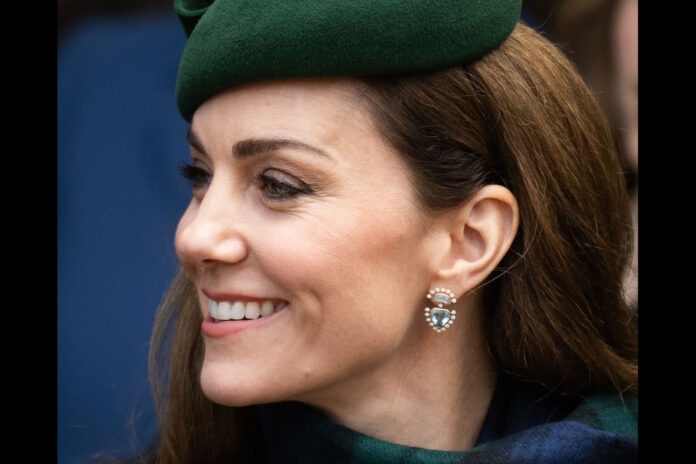In March 2024, Kate Middleton, Princess of Wales, revealed her cancer diagnosis, a disclosure that sparked global concern and support.
On January 14, Middleton shared an encouraging update, announcing her remission on X. “It is a relief now to be in remission, and I remain focused on recovery,” she expressed to her followers.
This positive news follows her September announcement about completing chemotherapy treatment, marking a hopeful turn in her health journey. While details about her specific cancer type remain undisclosed, her remission signifies a significant milestone in her recovery process.
Understanding Cancer Remission
Cancer remission indicates a reduction in the visible signs and symptoms of cancer, sometimes to undetectable levels. Dr. Sikander Ailawadhi, an oncologist at Mayo Clinic, explains, “Remission means there is no detectable sign of cancer in the body based on current tests.” Although remission does not guarantee that cancer is entirely gone, it shows that extensive testing has found no trace of the disease.
The term “remission” often confuses due to its nuanced meaning. Dr. Marleen Meyers from NYU Langone Health clarifies, “Even among oncologists, remission implies no evidence of cancer but acknowledges the potential for recurrence.” This cautious optimism reflects the uncertainty surrounding cancer’s behavior in the body.
The interpretation of remission can differ based on individual doctors’ perspectives. Dr. Christopher Flowers, an expert at MD Anderson Cancer Center, highlights these variations, emphasizing the complexity of defining remission universally.
Types of Cancer Remission
The National Cancer Institute identifies two remission types: partial and complete. In partial remission, cancer reduces significantly but is still present in the body. Complete remission occurs when all cancer signs and symptoms vanish. However, Middleton has not specified which category her remission falls into.
Complete remission sustained for five years might suggest a cure, though this isn’t guaranteed. Dr. Larry Norton of Memorial Sloan Kettering Cancer Center stresses, “You must achieve complete remission to be cured, but remission doesn’t assure a cure.” This distinction underscores the ongoing vigilance needed even in seemingly positive outcomes.
The Risk of Cancer Recurrence
Cancer recurrence remains a persistent challenge, even after remission. Some cancers, such as glioblastoma multiforme, are more likely to return despite treatment. Dr. Ailawadhi notes, “Cancers like pancreatic, bladder, and ovarian have a high recurrence risk, even after remission or complete response.”
Undetectable cancer cells can grow again at any point, necessitating continued monitoring. Most patients, including high-profile figures like Middleton, undergo regular follow-ups to detect any signs of cancer returning.
“Remission marks a significant milestone on the cancer journey, signaling progress toward a cure,” says Dr. Flowers. “It’s an encouraging first step.” The Princess’s remission represents this vital turning point, offering hope for the next stages of her recovery.
Looking Ahead
Despite her diagnosis, Middleton remains optimistic and expressed gratitude to the Royal Marsden Hospital staff for their exceptional care. She looks forward to “a fulfilling year ahead” and has gradually resumed some royal duties.
Her recent appearances, including the family’s Christmas Day service at Sandringham and the “Together at Christmas” carol service at Westminster Abbey, demonstrate her resilience and commitment to public life. As she continues her recovery, Middleton’s journey inspires others facing similar challenges.


